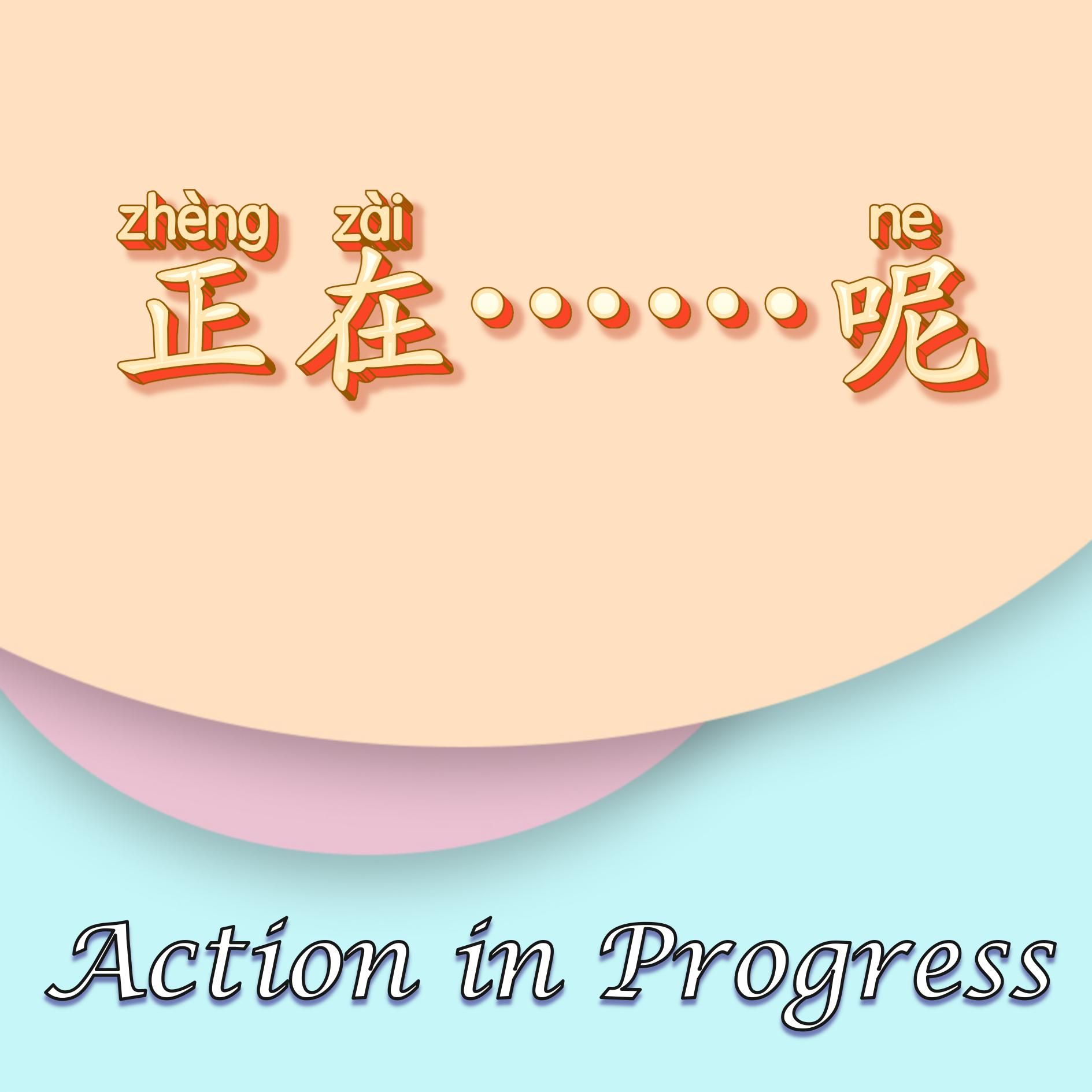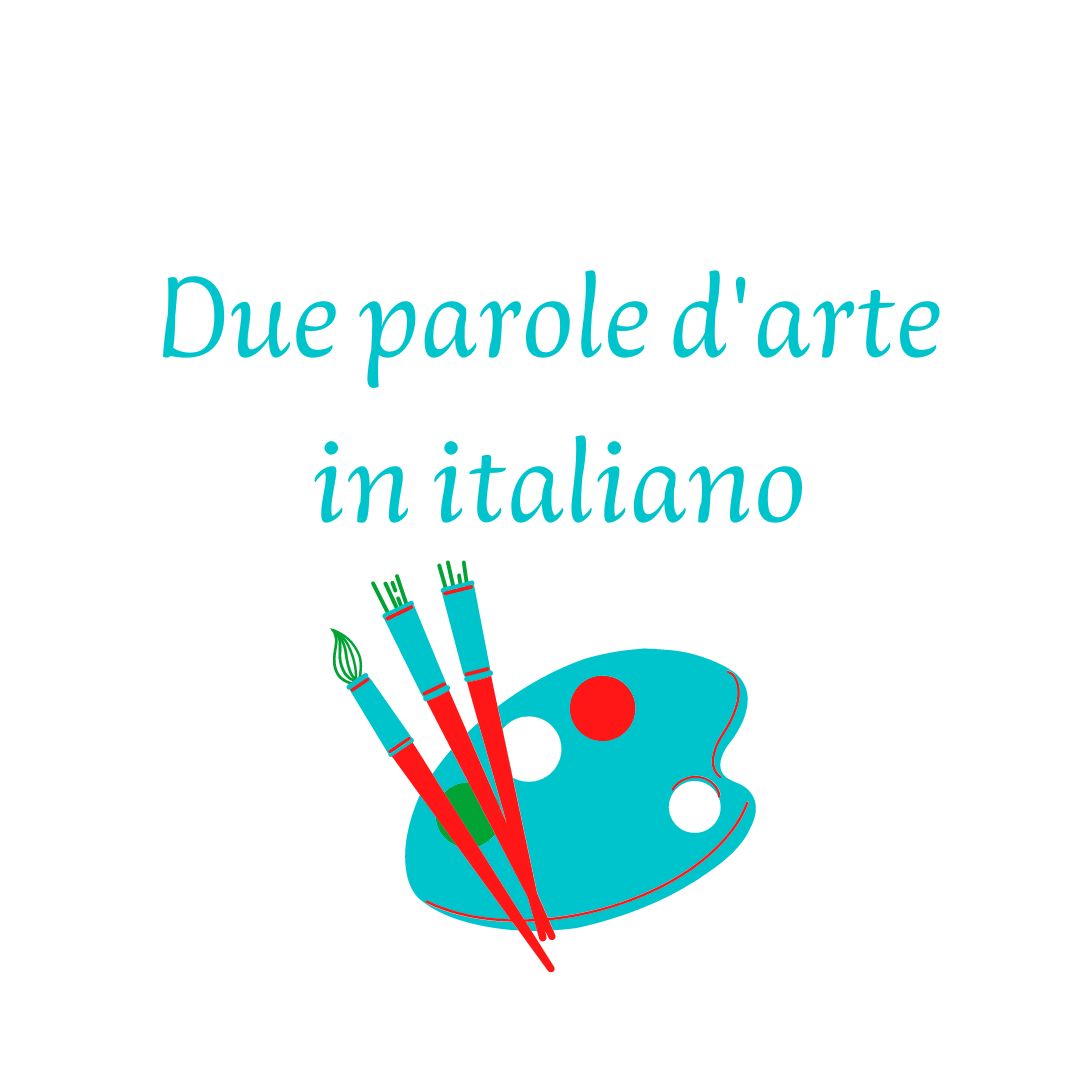Search from various Engels teachers...

正在……呢
Omschrijving
An action in progress can be expressed by adding the adverb “在”、“正” or “正在” before a verb or by using the modal particle “呢” at the end of a sentence. For example
wǒ zài shuì jiào 。 wǒ zài shuì jiào ne 。
我在睡觉。=我在睡觉呢 。
tā zhènɡ liàn xí kǒu yǔ 。 tā zhènɡ liàn xí kǒu yǔ ne 。
他正练习口语。=他正练习口语呢。
dà wèi zhènɡ zài chī fàn 。 dà wèi zhènɡ zài chī fàn ne 。
大卫正在吃饭。=大卫正在吃饭呢。
The negative form is“没(在)+Verb/Verb Phrase”, without “呢”at the end of the sentence. For example:
wǒ méi zài kàn shū 。
我没在看书。
Podcast Kanaal
JOJO CHINESE
Auteur
Alle afleveringen

- en

9: Wo arbeitest du? | Where do you work?

Flat or Dimensional? 平面 vs 立体 in Math and Storytelling

Giovanni Fattori - La Rotonda dei bagni Palmieri

Episode 2: Should I Share My Ice Cream?

Learn Three Sentences a Day:Day28

How to maximize your performance in every class?!

Fast Japanese Challenge 1 - S2E1 : "Coffee”
Populaire afleveringen

Aussprachehilfe
- en

German Stories | Learn German with Stories
9: Wo arbeitest du? | Where do you work?

Learn Chinese and Have Fun!
Flat or Dimensional? 平面 vs 立体 in Math and Storytelling

Due parole d'arte in italiano
Giovanni Fattori - La Rotonda dei bagni Palmieri

Story Time for Kids with Teacher Amanda
Episode 2: Should I Share My Ice Cream?

Master Mandarin Daily : Learn Three Sentences a Day!
Learn Three Sentences a Day:Day28

The Habits of Women Growing Into Strong, Confident English Communicators
How to maximize your performance in every class?!

Super Casual Japanese with Teppei
Fast Japanese Challenge 1 - S2E1 : "Coffee”